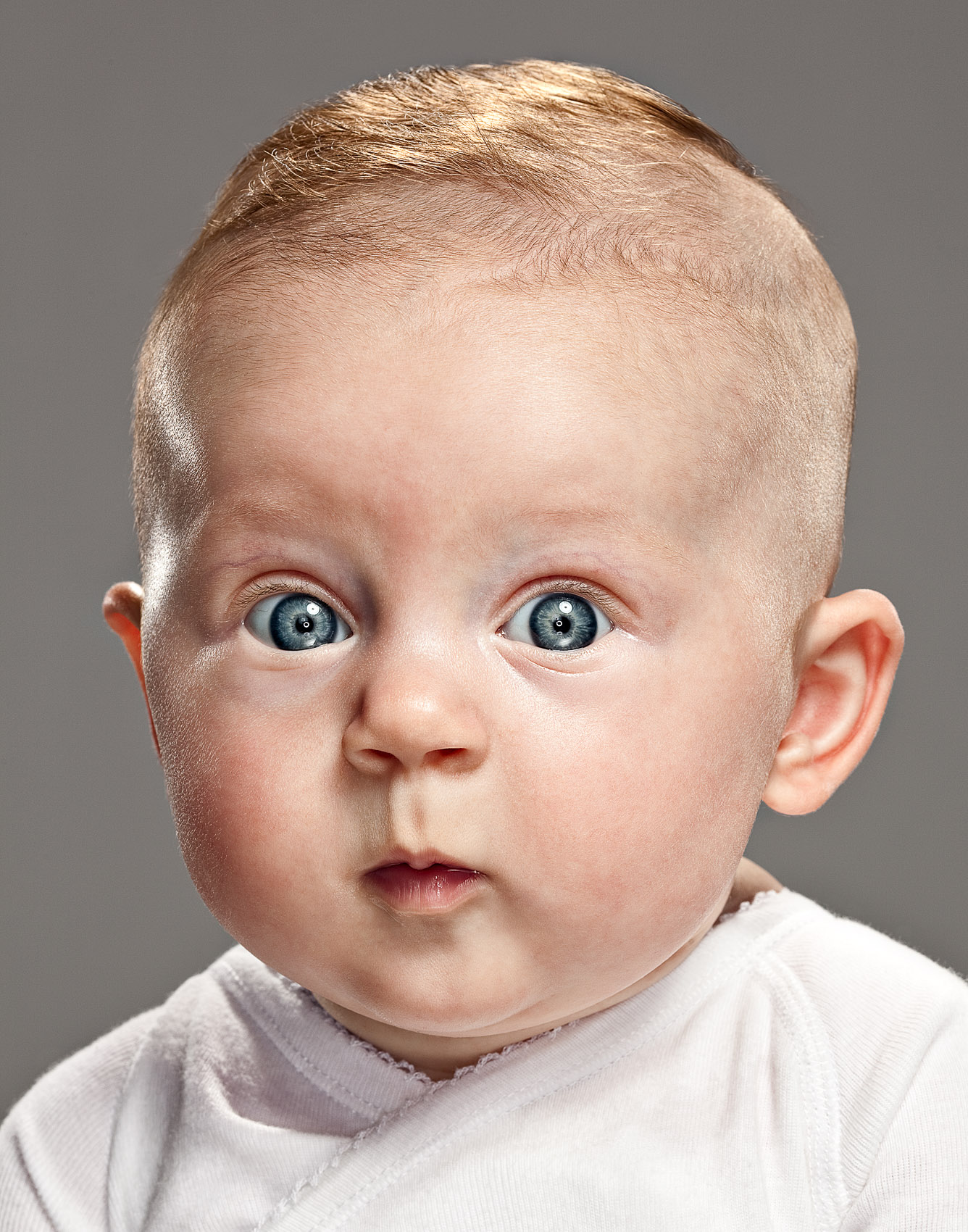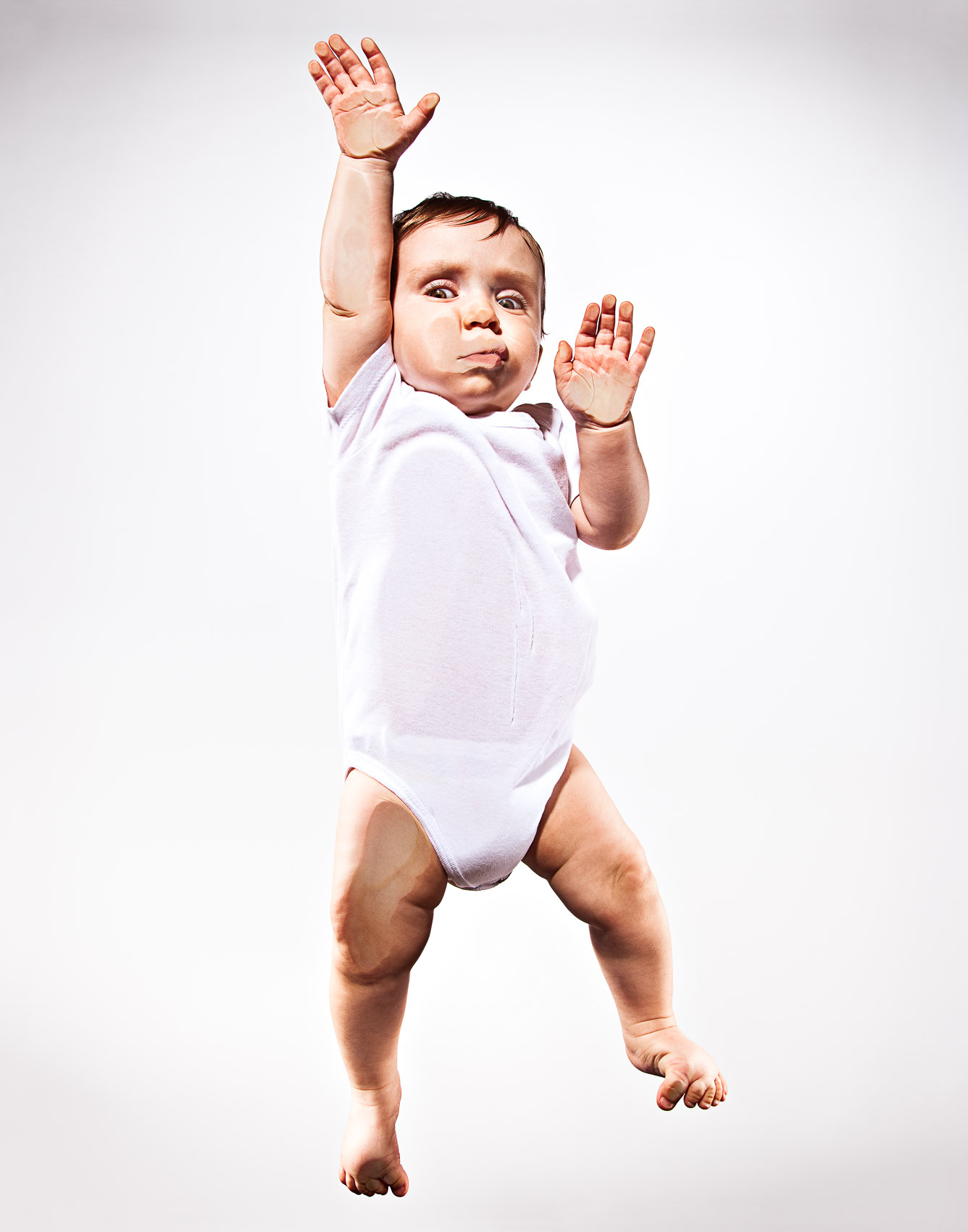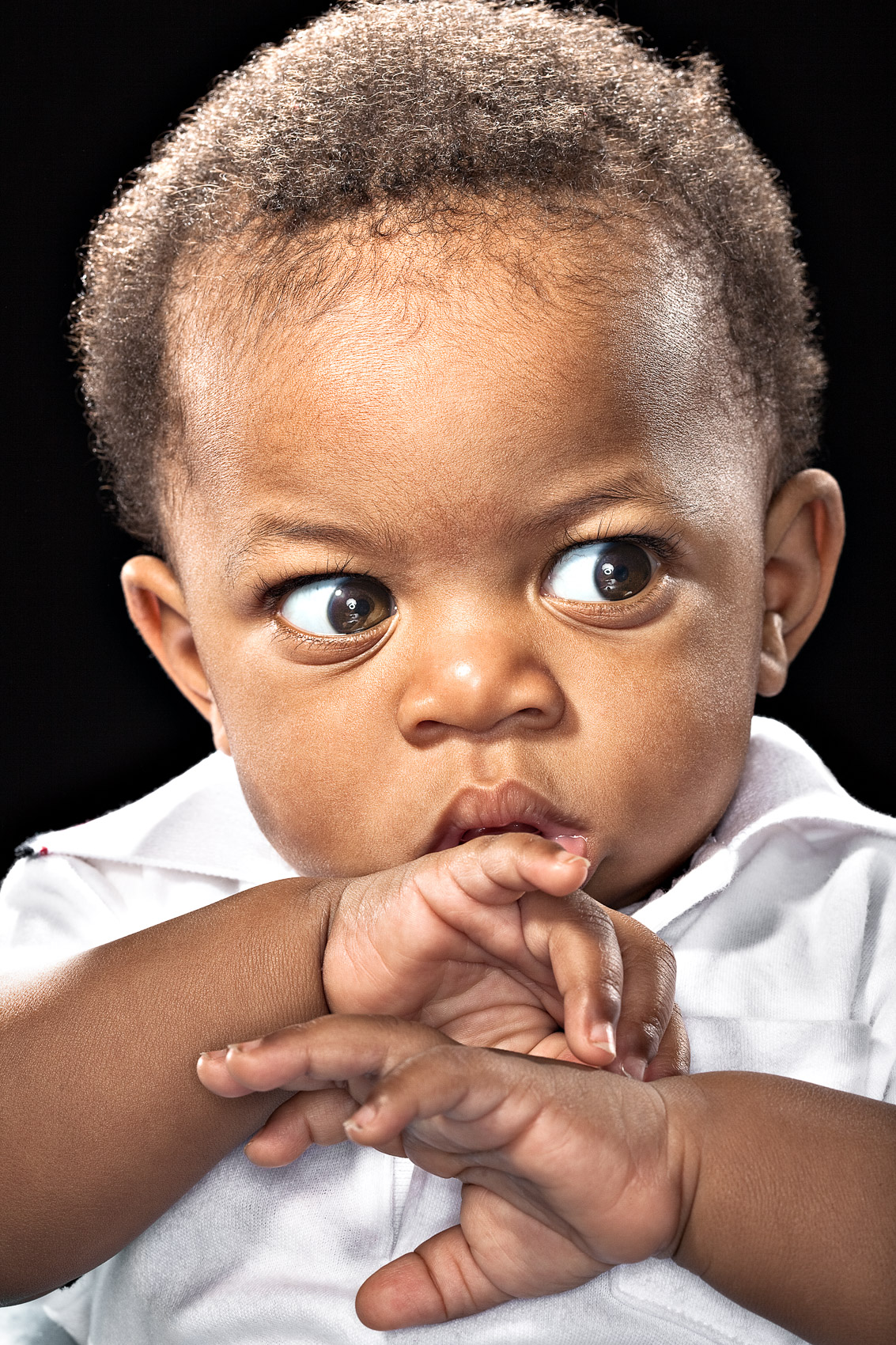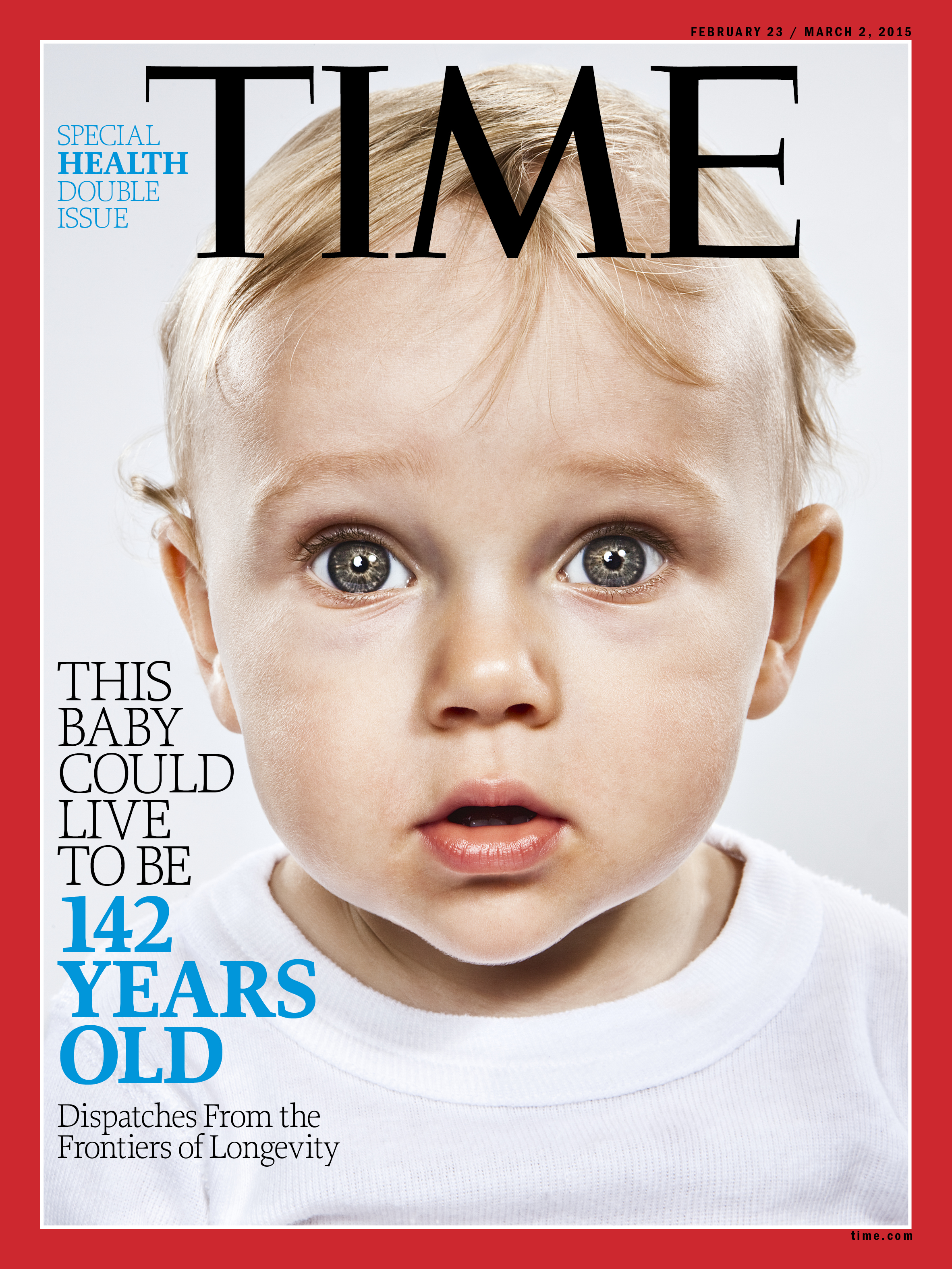Every time the Social Security Administration releases the list of most popular baby names in the U.S. for the prior year, observers of the human species try to figure out what the significance of the most popular names are. This is not so surprising since we are the only species on the planet that gets to name its offspring (as far as we know.) Some of these explanations are more speculative than others, but none feels completely right.
Now that this year’s list is out, name-watchers have noted that J-names are getting unpopular while names starting with vowels are hot. Names that end in a plosive (Pete, Jack, Kate) are less popular than names that end in a fricative or a vowel. People seem to be losing interest in New Testament names (Mary is thin on the ground and Michael, who had a 45-year reign as male baby name No. 1, is trending down.) But Old Testament names (Noah, Jacob, Ethan, Abigail and Daniel) are enjoying a spike.
Now comes Goldman Sachs, pointing out in a study of Millennials, that even the most popular names these days aren’t anywhere near as popular as those of yore. Twenty five years ago, 3% of American babies were called Michael, and 2.3% were called Jessica. But Michael and Jessica, who are now of childbearing age, are giving their kids names that fewer kids share. The most popular names in 2014, Noah and Emma, accounted for only 1% of babies each. The report points out that you’d need to add all the Noahs, Jacobs, Liams and Masons together to get the percentage of Michaels there were in 1980.
“We turn to the history of baby names to possibly provide a window into evaluating parents’ expression towards brands,” says the Goldman Sachs report, which identifies two main reasons for the wider spread of baby-naming: “greater diversity among parents and … an appetite for more differentiated and unique brands (which we believe names are).”
That’s right: parents want to give their kids a different name not so they can call it out on the playground and not have five kids look at them, and not so that Olivia (second most popular girl’s name) will be the only Liv in her class, and not so that if she loses her towel at camp everybody will know whose it is, but because they want their kid to have a unique brand. Millennials are disruptive; they prefer small brands. And they don’t want their kid associated with any monolithic name that might dominate the cut-throat baby name market. (Tip: get in early and invest in Gannon and Aranza now.)
Goldman Sachs somewhat gingerly admits it doesn’t know everything about Millennial parents: “…their attitude towards parenthood strikes us as being more idealistic and aspirational,” than their forebears, the report notes. “Having said this, we acknowledge that we are still in the infancy of this theme and are likely to be introduced to changes in values, companies and business models as it develops.”
Just to prove disruption isn’t limited to Millennials, this Gen Xer has put both her kids names in this story. See if you can spot them (hint; they’re lower case.)
See the Funniest and Weirdest Baby Photos













More Must-Reads From TIME
- The 100 Most Influential People of 2024
- The Revolution of Yulia Navalnaya
- 6 Compliments That Land Every Time
- What's the Deal With the Bitcoin Halving?
- If You're Dating Right Now , You're Brave: Column
- The AI That Could Heal a Divided Internet
- Fallout Is a Brilliant Model for the Future of Video Game Adaptations
- Want Weekly Recs on What to Watch, Read, and More? Sign Up for Worth Your Time
Contact us at letters@time.com